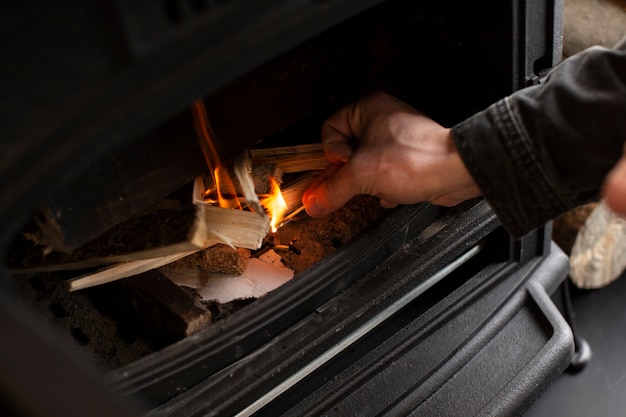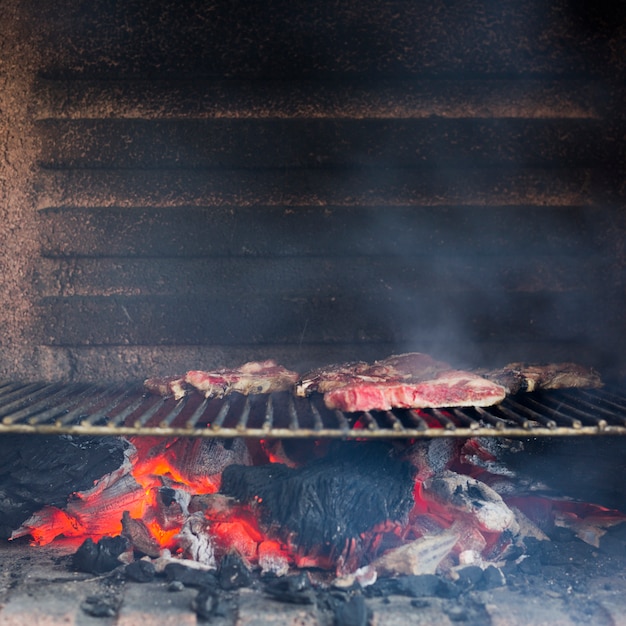Is BBQ Smoke Bad for Pregnancy?
During pregnancy, it is important to be mindful of various factors that can impact the health of both the mother and the developing baby. One such factor that has raised concerns in recent years is exposure to BBQ smoke. While enjoying a delicious barbecue is a popular activity, it is essential to understand the potential risks associated with inhaling BBQ smoke during pregnancy.
The Composition of BBQ Smoke
BBQ smoke is a combination of various compounds and particles that are released when meat, poultry, or other foods are cooked at high temperatures. These compounds include polycyclic aromatic hydrocarbons (PAHs), volatile organic compounds (VOCs), and fine particulate matter. Additionally, the burning of wood chips or charcoal releases carbon monoxide and nitrogen dioxide.
When inhaled, these substances have the potential to enter the bloodstream and reach the developing fetus. This has led to concerns over the potential adverse effects on pregnancy outcomes.
Potential Risks of BBQ Smoke during Pregnancy
Exposure to BBQ smoke during pregnancy may pose certain risks to both the pregnant woman and the developing baby:
- Respiratory Issues: Inhaling BBQ smoke can irritate the respiratory system, potentially leading to respiratory problems such as coughing, wheezing, and shortness of breath. This can be particularly concerning for pregnant women who may already experience changes in lung function due to pregnancy hormones.
- Reduced Birth Weight: Studies suggest that exposure to BBQ smoke during pregnancy may be associated with reduced birth weight in infants. This could be attributed to the harmful effects of particular compounds present in the smoke.
- Preterm Birth: Some research indicates a potential link between exposure to BBQ smoke and an increased risk of preterm birth. Preterm babies may face various health challenges and have a higher likelihood of needing medical interventions.
- Developmental Issues: The presence of certain chemicals in BBQ smoke has been associated with developmental issues in animal studies. While the direct effects on human development are not yet fully understood, there is concern that exposure to these compounds during pregnancy may have a negative impact on the developing baby.
Minimizing Exposure to BBQ Smoke
Although the potential risks associated with BBQ smoke during pregnancy should not be ignored, it is important to note that the existing evidence is still limited. Further studies are needed to establish clear guidelines regarding safe levels of exposure for pregnant women. Nevertheless, considering the precautionary principle, it is advisable to take steps to minimize exposure to BBQ smoke during pregnancy:
- Cooking Techniques: Opt for cooking methods that produce less smoke, such as grilling instead of smoking or using gas grills instead of charcoal. Gas grills tend to generate less smoke and fewer harmful compounds.
- Outdoor Ventilation: Ensure proper outdoor ventilation while barbecuing to allow smoke to dissipate quickly. This reduces the chances of inhaling concentrated amounts of smoke.
- Distance: Maintain a safe distance from the barbecue while it is cooking to reduce direct exposure to smoke.
- Choose Lean Cuts: Trim excess fat from meat before grilling to minimize the production of harmful smoke and possible intake of toxins.
Expert Opinion
“While the current evidence linking BBQ smoke and pregnancy outcomes is not conclusive, it is advisable for pregnant women to adopt precautionary measures. Minimizing exposure to smoke by choosing appropriate cooking methods and ensuring proper ventilation can help lower any potential risks.” – Dr. Elizabeth Williams, Obstetrician-Gynecologist.
Conclusion
Exposure to BBQ smoke may have potential risks during pregnancy, including respiratory issues, reduced birth weight, preterm birth, and developmental concerns. While further research is needed to establish clear guidelines, it is prudent for pregnant women to take precautions and minimize exposure to BBQ smoke. By choosing cooking techniques that produce less smoke and ensuring proper outdoor ventilation, pregnant women can reduce any potential risks and ensure a healthy pregnancy.



